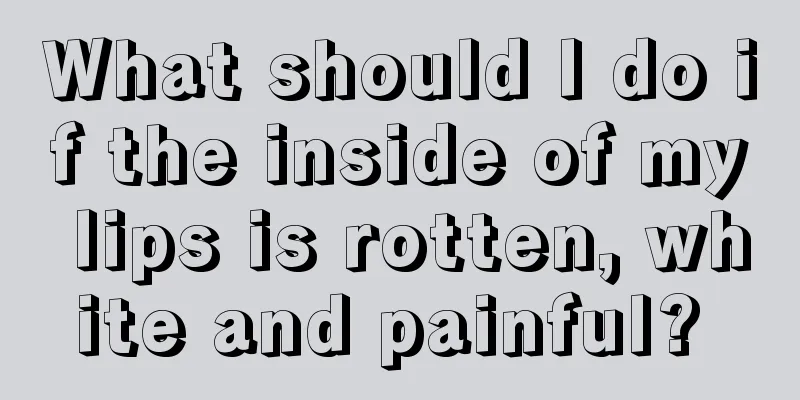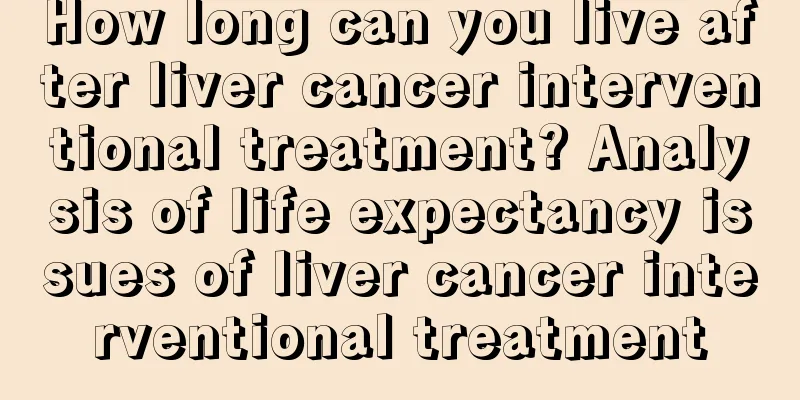Can liver failure be cured

|
The situation for liver failure is relatively critical. Basically, there is no cure after it occurs. There is no cure now. We can only prescribe the right medicine for the disease and choose relevant treatment measures according to the specific symptoms of the patient. This is only to improve the patient's quality of life, but it can only provide temporary relief. Most patients will have repeated attacks or even worsen their condition. If this is the case, it will be very serious and will affect the patient's life if you are not careful. Therefore, it is best to perform a liver transplant as soon as possible. This is currently the only way to temporarily recover from liver failure and it can also prolong the patient's life. Currently, there is no specific and effective treatment for liver failure in clinical treatment, which emphasizes comprehensive treatment, including basic medical treatment, artificial liver support treatment and liver transplantation. Drug treatment (1) Basic principles of internal medicine treatment: early diagnosis and early treatment, taking appropriate comprehensive treatments for different causes, and actively preventing and treating various complications to buy time for liver cell regeneration. ① General supportive treatment: bed rest, strict disinfection and isolation, ensuring daily energy and fluid supply, maintaining a stable internal environment, and dynamically monitoring changes in liver function, blood biochemistry, coagulation parameters, etc. ② Treatment targeting the cause and pathogenesis: a Etiological treatment: For positive hepatitis B virus markers and HBV For patients with liver failure who are DNA positive, nucleoside analogues such as lamivudine, telbivudine, entecavir, etc. should be used as early as possible on the basis of informed consent. Clinical studies have shown that active and effective antiviral treatment can inhibit viral replication, curb the inflammatory process of liver failure in the short term, and inhibit inflammatory attacks, delay liver fibrosis, and reduce the occurrence of liver cancer in the long term; however, attention should be paid to the possibility of viral mutation during subsequent treatment and worsening of the disease after drug discontinuation. For liver failure caused by drugs or alcohol, promptly stop taking the suspected drug and strictly abstain from alcohol. b Hormone therapy: Studies have shown that glucocorticoids have a significant effect on reducing the mortality rate of acute liver failure (especially alcoholic liver failure), but there is some controversy about the use of glucocorticoids in patients with acute-on-chronic liver failure caused by HBV. Zhou Xianshan et al. conducted a randomized study on 63 patients with early chronic severe hepatitis B/ACLF and found that the use of glucocorticoids (dexamethasone 10 mg/day × 7 days, then gradually reduced, with a total course of 7 weeks) on the basis of antiviral treatment can effectively improve clinical symptoms, total bilirubin and prothrombin activity without increasing the incidence of complications such as abdominal infection and gastrointestinal bleeding. |
<<: Can I drink water if I have atrophic gastritis?
>>: Is pyelonephritis serious?
Recommend
What is the process of digestion and absorption of lipids?
Lipids include many types, such as oils and lipid...
How to treat lung cancer? 3 methods to effectively treat lung cancer
Although technology is becoming more and more adv...
Understand the nursing care of interventional treatment of liver tumors
Interventional treatment nursing for liver tumors...
How to check cholecystitis effectively
The examination of patients with cholecystitis in...
How to judge whether furniture contains formaldehyde
As we all know, formaldehyde is extremely harmful...
What is the reason for coughing while sleeping
Coughing is a common occurrence and can be caused...
What diseases can be checked by color Doppler ultrasound
When going to the hospital for a check-up, many d...
What to eat for stomach cancer
People with gastric cancer are suitable to eat so...
What are the symptoms of gallbladder cancer
Typical symptoms of gallbladder cancer include ga...
How to whiten teeth? What foods can whiten teeth?
What are the methods for whitening teeth? Everyon...
The impact of mid- and late-stage teratoma on human life span
Once a teratoma is diagnosed, early surgical rese...
Which breast augmentation materials are good?
In life, many people are concerned about the issu...
What are the benefits of using tea seed oil on your face?
Young women nowadays will look for various beauty...
What should we do if parents hit their children?
A long time ago, it was very common for parents t...
What are the benefits of wearing agate bracelets
Nowadays, many people like jade very much. Everyo...









